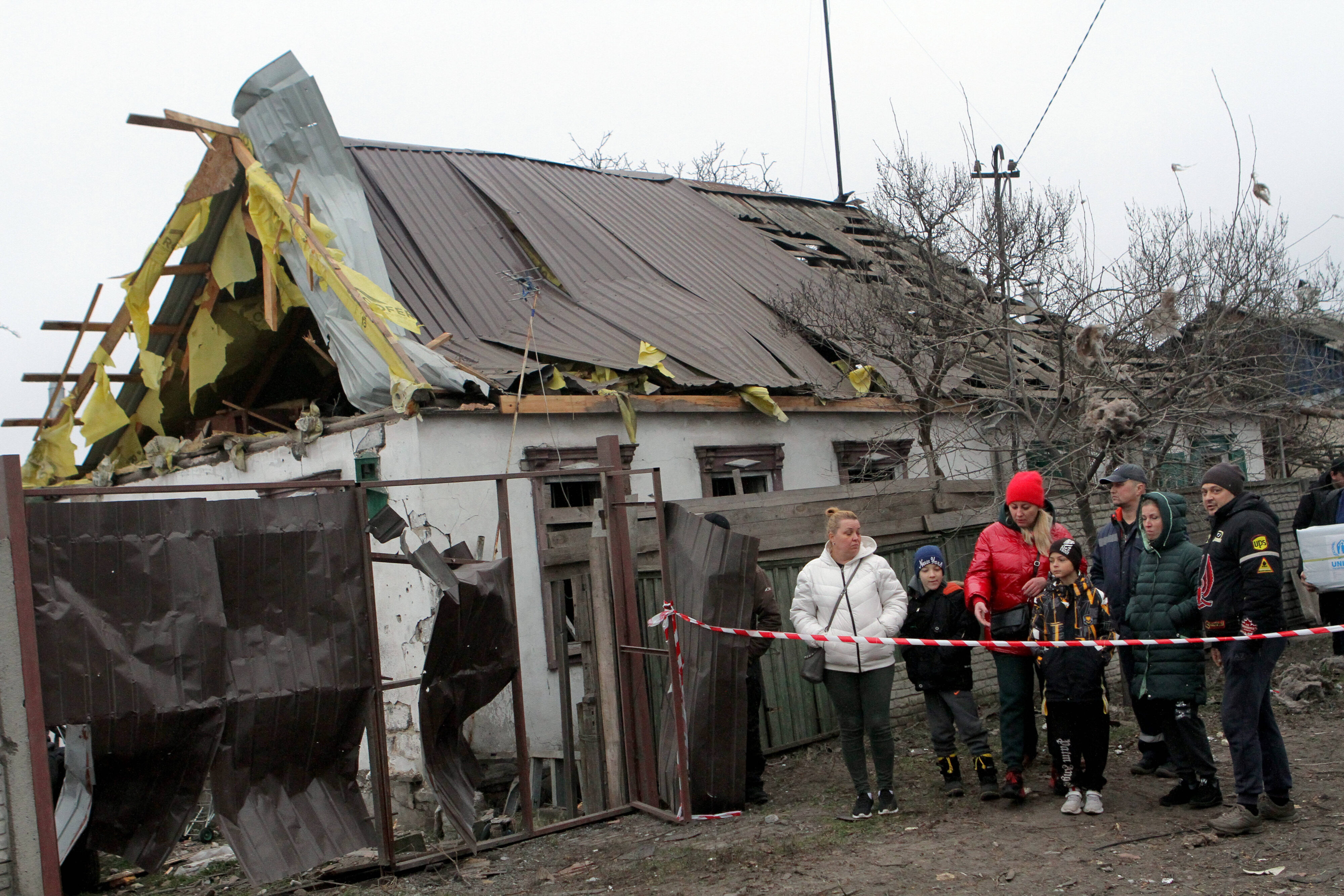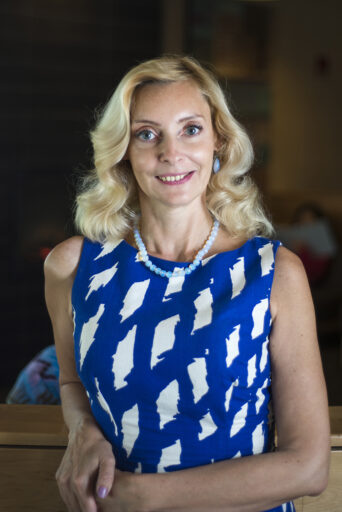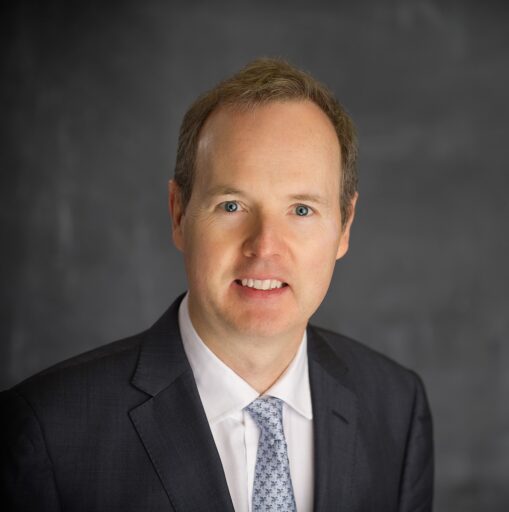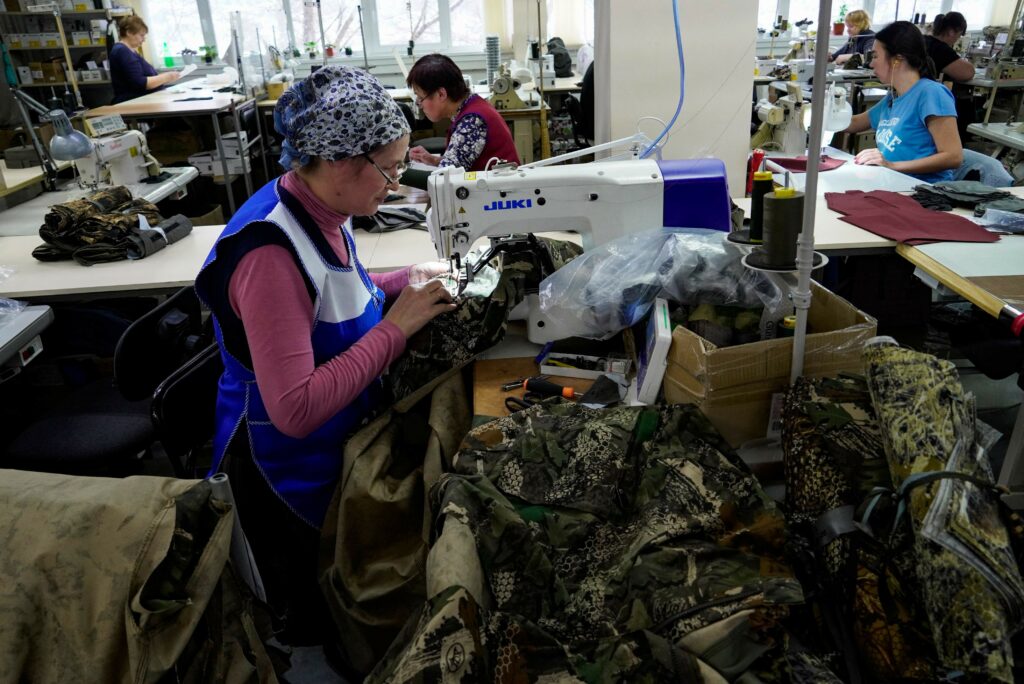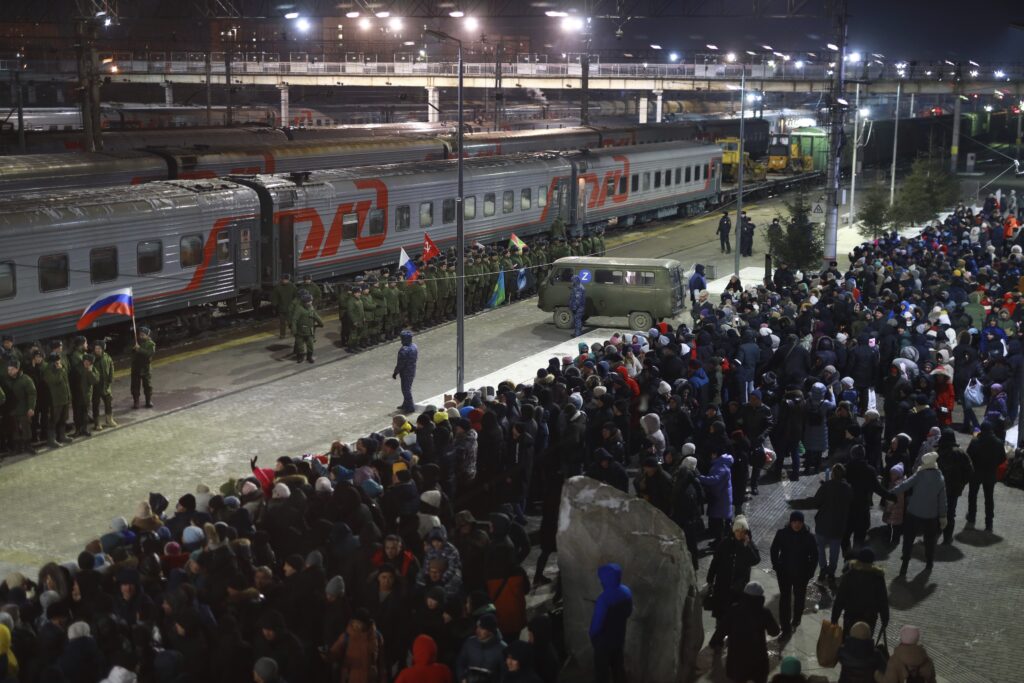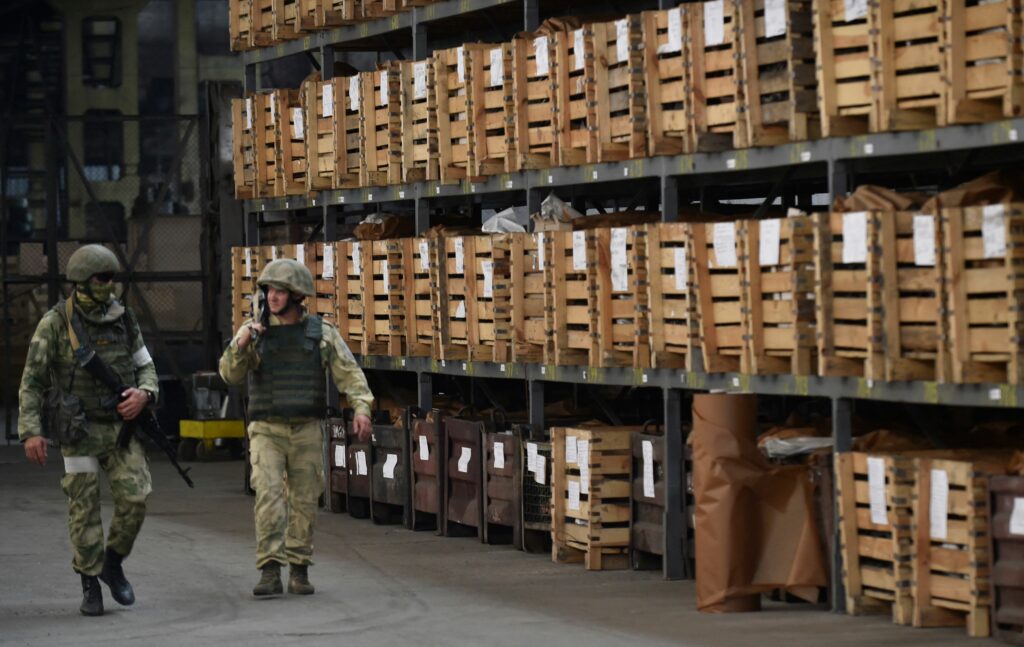Ukraine is under daily assault from Russian missiles and drones. In October, President Zelensky claimed that Russia had launched more than 8,000 air strikes and 4,500 missiles against Ukraine since February, and in the weeks since, Russia’s bombardments have shown no sign of abating. The numbers killed by these attacks is impossible to say; but there is little doubt about the hardship and trauma these inflict on ordinary Ukrainians. That has all come alongside the wider context of a war with tens of thousands of Ukrainians and Russians killed in frontline fighting — with longstanding Soviet and post-Soviet infrastructure destroyed, and dramatically decreasing civic access to electricity, water, and heating. Hundreds of Ukrainian settlements, from villages and small towns to whole cities, have been laid to waste.
What has this violence done to how ordinary Ukrainians, especially those close to battlefield frontlines, feel about Russia’s leadership, military, and people? How are ordinary Ukrainians processing this war emotionally? How do they see themselves in relation to a state and nation once considered friendly and fraternal?
The Ukrainian Kyiv International Institute of Sociology (KIIS) and the Russian Levada Center have cooperated between 2008 and 2018 in the creation of a comparative dataset of positive/negative attitudes toward Ukraine in Russia and toward Russia in Ukraine. When they began researching the topic, attitudes in both countries toward the other were largely positive. As a result of the August 2008 war between Russia and Georgia, attitudes toward Ukraine in Russia deteriorated into the negative whereas Ukrainians retained positive feelings toward Russia. This changed in 2014 when attitudes in both countries toward the other became negative. From a low point in 2015, however, attitudes in Ukraine toward Russia recovered and became on balance positive again at the end of 2017. Overall, there was a more positive image of Russia among the inhabitants of Ukraine than to a positive image of Ukraine among the inhabitants of Russia.
How has Russia’s invasion of Ukraine in 2022 changed attitudes? Conducting a nationally representative survey using face to face interviews in a country at war is next to impossible. We were, however, able to organize a more focused study on the attitudes of more than 1800 ordinary people in southeast Ukraine, in three Ukrainian cities close to the frontlines of the nearest war: Poltava, Dnipro and Zaporizhzhia. We sought to capture the attitudes not only of local residents of these cities but also displaced persons who had to flee the fighting further east in the Donbas and in Kherson and Zaporizhzhia. The survey was administered in July 2022 by the KIIS, following health and security protocols in all three cities. It was conducted in the form of face-to-face interviews in home residences and places for temporary housing of IDPs. It should be noted that both Dnipro and Zaporizhzhia experienced rocket attacks during that time. The data was compiled, compared and corroborated in several steps on the city and national level by demographic statistics, the ratio of residents and IDPs in each city, and the population ratio between cities. The survey findings reveal complex patterns of perceptions of difference, and wide ranging feelings toward Russia’s leadership, military and population in general. Here are three major findings.
1.Ukrainians feel strong negative emotions toward Russia but distinguish the leadership and military from the general Russian population
We used the 10-point scale to assess the emotions experienced by these frontline Ukrainians toward Russia. The survey shows that respondents clearly distinguish between Russian leadership and military and citizens of Russia. They also have slightly more negative feelings toward residents of self-proclaimed republics (DPR and LPR) in comparison to the Russian population. Our results show that the strongest emotions toward Russia are disgust (9.3 toward leadership, 9.0 toward military, 6.8 toward people, and 7.4 toward DPR and LPR), anger (9.2 toward leadership, 8.9 toward military, 6.9 toward people, and 7.4 toward DPR and LPR) and hatred (9.2 toward leadership, 8.9 toward military, 6.5 toward people, and 7.1 toward DPR and LPR).
While anxiety and fear were less polarized they also show the distinction between feelings toward Russian leadership and its military, as opposed to Russian people. The most negative emotions were related to Russian leadership with slightly less negative feelings to Russia’s military. However, no significant differences were found for positive emotions as they were barely expressed.
2.Ukrainians see more differences between nations rather than people
The war that started ten months ago swiftly solidified perceptions of difference between Russia and Ukraine as states and nations. Ukrainian people united around the need to protect their country and the idea of Ukrainian independence, which produced a shift away from connections to Russian culture and language. However, the process of differentiation is not uniform; it comprises multiple dimensions, such as political, cultural, and moral boundary assertion acts.
To understand how Ukrainian people perceive the difference with Russia, we asked questions about their views on these multiple dimensions of potential division. The results demonstrated that the political differentiation is stronger between nations rather than people. 85% of respondents see Russia and Ukraine as completely different nations. However, less respondents (70%) see strong differences between Ukrainian and Russian citizens.
3.Frontline Ukrainians see a strong moral distinction between Ukrainians and Russians but some still accept similarity between cultures
The analysis of the differentiation between people shows that the moral difference was the most important dimension with 67% disagreeing and 16% agreeing that Russian and Ukrainian have similar morals. Similarly, 61% of respondents believe that Ukrainians are better people than Russians (with only 14% having opposite opinion). The views on the differences in culture were less definitive with 52% disagreeing and 31% agreeing that Russian and Ukrainian cultures are similar. Many respondents still identify with Russian culture and language with only half strongly disagreeing with this statement. While the national identity of Ukraine is important for 90 percent of respondents, they see Ukraine as a state for all citizens (63 percent) and as a multiethnical state (28 percent) rather than an ethnic state of Ukrainians (8 percent).
This leading role of the moral dimension is also evident in how people perceive social norms in society. Thus 72% believe that being a better people than Russians became a norm in Ukraine and 84% see a requirement to be spiritually stronger than Russians as normative for all Ukrainians. The respondents see more ambivalence about social norms of cultural differentiation: only 57% believe that it is normative to see Russian and Ukrainian cultures as different and 27% agree that seeing them as similar are still a norm in Ukraine.
Thus, the survey reveals a significant increase in negative attitudes toward Russian leadership and people. However, it also shows that while an overwhelming majority of Ukrainians on the frontlines see Russia as completely distinct from Ukraine and have extremely negative emotions toward the leaders and military of Russia, they see somewhat fewer contrasts with Russian citizens while their emotions toward Russian citizens are more differentiated. The survey also shows that for Ukrainians, morality rather than culture becomes the main point of distinction with Russia and Russian citizens. Being more honorable and ethical than Russians is an emergent norm in Ukrainian society, part of a new ‘common sense.’ This moralized sense of identity, wherein Ukrainians believe they are fighting a righteous battle between good and evil, is likely a major source of resilience and optimism for Ukrainians in this war.
